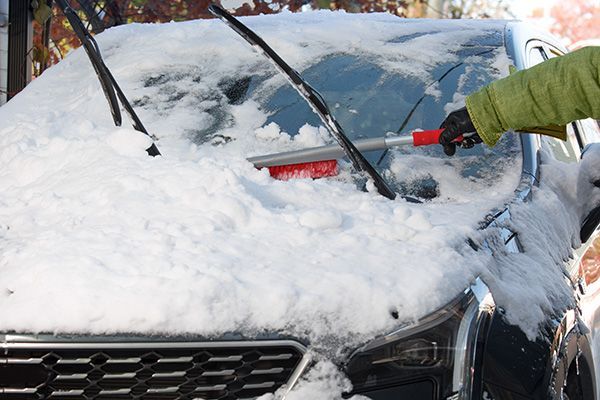Our Blog
Enhance ride quality with expert suspension and steering services at Nixon Automotive in Burnaby, BC. Trust us for reliable repairs. Schedule an appointment today!
Discover expert insights on engine and transmission care at Nixon Automotive in Burnaby, BC. Enhance vehicle performance. Schedule an online appointment now!
Discover top-notch auto A/C and heating repair at Nixon Automotive in Burnaby, BC. Get reliable service from local experts. Visit us today!
Discover expert diagnostics & electrical services at Nixon Automotive in Burnaby, BC. Trust our expertise for all your auto repair needs. Visit us today!
Discover essential brake and tire maintenance tips from Nixon Automotive in Burnaby, BC. Enhance vehicle safety and performance. Visit us today!
Discover top-notch oil services at Nixon Automotive in Burnaby, BC. Enhance your vehicle's performance. Visit us today for expert care!
Discover the future of car care with digital vehicle inspections at Nixon Automotive in Burnaby, BC. Get precise diagnostics today. Schedule an online appointment now!





